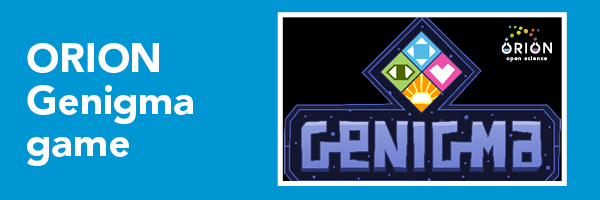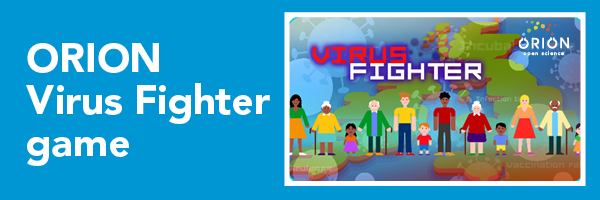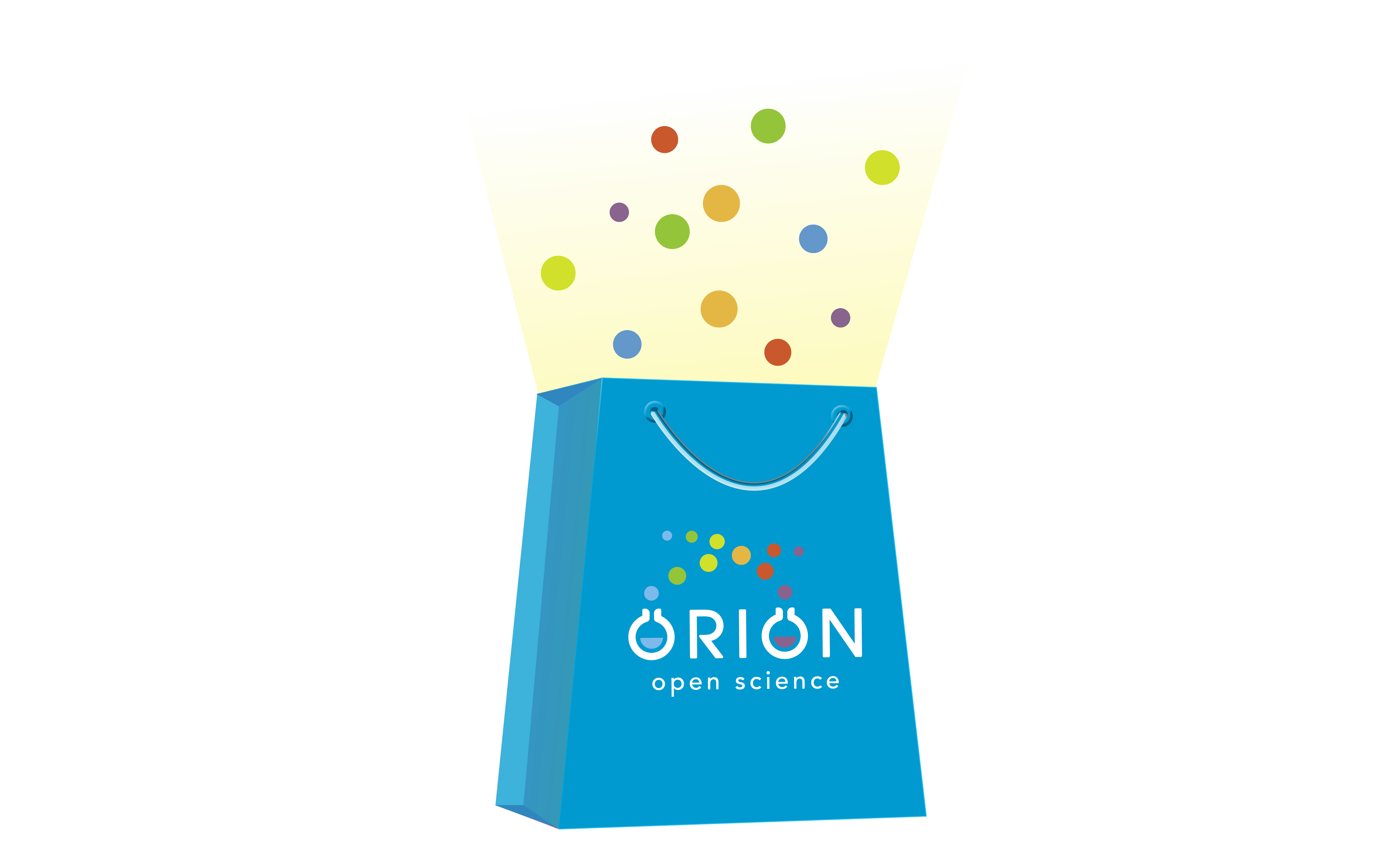Enjoy reading these ORION resources on Open Science selected by our team:
A booklet containing 12 Inspiring Stories from ORION Open Science that highlight successes and learnings from activities conducted during the project. Read more
A series of interviews with interesting guests about a variety of topics related to Open Science, such as data sharing, citizen science, peer review and professional development. The 10 podcasts explore the good, the bad, and the ugly of the current scientific system, and what Open Science practices can do to improve the way we do science. Read more
This free online training course consists of six easily digestible modules which explore different aspects of Open Science and allow researchers in life sciences to gain a certificate in Open Science. You can follow the self-paced MOOC course on the Open Learn Create platform.
This handy guide provides an overview of 31 participatory methods that can be used to involve different stakeholders in the research process with links to case studies illustrating the methods in practice. Read more
A practical four page guide on how to run a public dialogue as a tool for promoting open science. Detailed reports on the results of public dialogues on genome editing run in four countries (Sweden, Czech Republic, Germany and the UK) as part of the ORION project are also available here. Read more
Report on results of survey conducted by the ORION project investigating the motivations for citizens’ involvement in life sciences research. Read more
How can you make your science more open? A step-by-step checklist developed by the ORION training team for researchers to assess where they can make changes to open science practices in their day-to-day research. Read more
15 brief, informative, and easy-to-understand one-page factsheets on Open Science topics: 1. Biohacking and DIYBio Research 2. Career Benefits of Open Science 3. Citizen science. 4. Commercialisation of Research 5. Communicating Animal Research 6. Crowd Science 7. Research Data Management 8. Open Access 9. Open Research Data 10. Open Source and Software 1 Pre-Registration 12. Predatory Journals 13. Preprints 14. Public Engagement 15. Reproducibility. Read more
Three case studies for use in short workshops to stimulate discussion about open science principles and practical actions. The case studies outline 3 scenarios loosely tied to aspects of open access, open data, and public engagement that are composites of real life situations and dilemmas that the ORION training team have experienced or been told about by researchers. Read more

The free Open Science E-learning platform developed by CEITEC at Masaryk University contains four lessons on different aspects of Open Science and is available in English and Czech. After finishing the different courses you will; understand the concept and principles of Open Science, be familiar with Open Access, Open Science data management practices and be able to apply FAIR principles to your research data, be able to integrate open science practices into your research workflow and know about ethical, legal and technical issues in Open Science topics.

Join our Citizen Science project and become a genome explorer! By playing the Genigma game you will help researchers at Centre for Genomic Regulation to discover genomic alterations in cancer cells. This concerted effort will help them to understand which parts of the genome may play a crucial role in cancer development. Imagine you in a not-too-distant technological future. A supercomputer has been designed to analyse the genome map. It’s constantly processing data and visualising them using a language that only part of the population is able to interpret: the members of the Genigma community. Game on!

Babraham scientists and public engagement staff have together with school pupils produced a game which engages members of the public with the science behind infections, immunity and vaccinations - the Virus fighter. In the game, players will discover more about the spread of viral outbreaks and the importance of vaccinations and learn how to make informed decisions. Game on!

One key objective of the ORION project was to foster institutional changes in Open Science at research perfoming organisations, RFPOs, through co-creation experiments with multiple stakeholders, which can last beyond the ORION lifetime. Find out more about the six participating RFPOs; Babraham Institute, CEITEC, Centre for Genomic Regulation, Instituto de Salud Carlos III, JCMM and MDC action plans to embed Open Science and RRI in their organisations.









